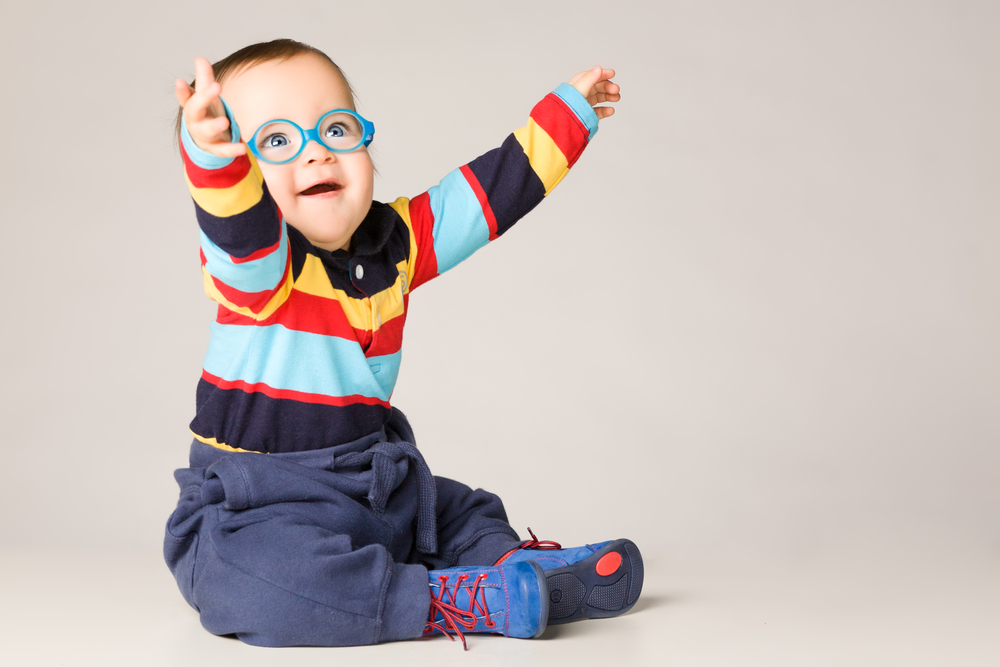Eye Therapy Vision Rehabilitation Center Blog
Learn more about vision therapist care in our blog!

Double vision occurs when you see two images of a single object. These images may appear side by side, on top of each other, or diagonally displaced. This condition often indicates a problem with how the eyes work together (known as binocular vision).

Primitive reflexes are automatic movements that infants are born with to help them survive, grow, and begin interacting with the world. While these reflexes are essential in early development, they are meant to fade as a child’s nervous system matures. When primitive reflexes persist beyond infancy, they can interfere with motor coordination, sensory processing, and, importantly, visual development.

When people think about balance issues, they often look to their inner ear, muscles, or joints for answers. But did you know that your vision also plays a major role in balance and spatial awareness? If you’ve been feeling dizzy, unsteady, or prone to falls, the root cause may be connected to your eyes.

Many people experience discomfort when exposed to bright light, glare from headlights, or even the glow of digital screens. This condition, commonly known as light sensitivity or photophobia, can range from a mild annoyance to a symptom that significantly impacts daily life. Understanding what causes light sensitivity is the first step toward finding relief.

Head injuries can have a wide range of effects on the body, but one of the most commonly overlooked areas is vision. Even a mild concussion or traumatic brain injury (TBI) can disrupt the visual system, leading to symptoms that interfere with daily life, work, and learning. Recognizing these visual symptoms early is critical for effective recovery and long-term wellness.

When it comes to nutrient and wellness support, both IV (intravenous) and IM (intramuscular) therapy offer effective delivery methods. These therapies can help with energy, immunity, recovery, hydration, and more.

For many families navigating the challenges of Attention Deficit Hyperactivity Disorder (ADHD), medication is often the first treatment option presented. While medications can help manage symptoms, they are not always the ideal long-term solution for every child. Parents seeking alternatives or complementary therapies may find vision therapy to be a promising option, especially for children whose visual issues may be contributing to behavior and attention difficulties.

Irlen Syndrome is a perceptual processing disorder that affects the brain’s ability to interpret visual information correctly. Unlike problems with eyesight that can be addressed with glasses or contact lenses, Irlen Syndrome involves how the brain processes the information it receives from the eyes. For those living with this condition, everyday tasks such as reading, writing, or even being in brightly lit environments can be overwhelming or exhausting.

Living with light sensitivity (also known as photophobia) can be frustrating, whether it's triggered by migraines, concussions, or underlying vision conditions. Harsh indoor lighting, bright sunlight, or even the glare from screens can make everyday tasks uncomfortable. The good news? There are ways to reduce discomfort and regain control over your visual environment.

The vestibular system is a crucial part of our body that helps maintain balance, spatial orientation, and coordination. Located in the inner ear, it sends signals to the brain about head movements, posture, and body position. When this system isn’t functioning properly, it can lead to a condition known as vestibular dysfunction, which can significantly impact quality of life.






